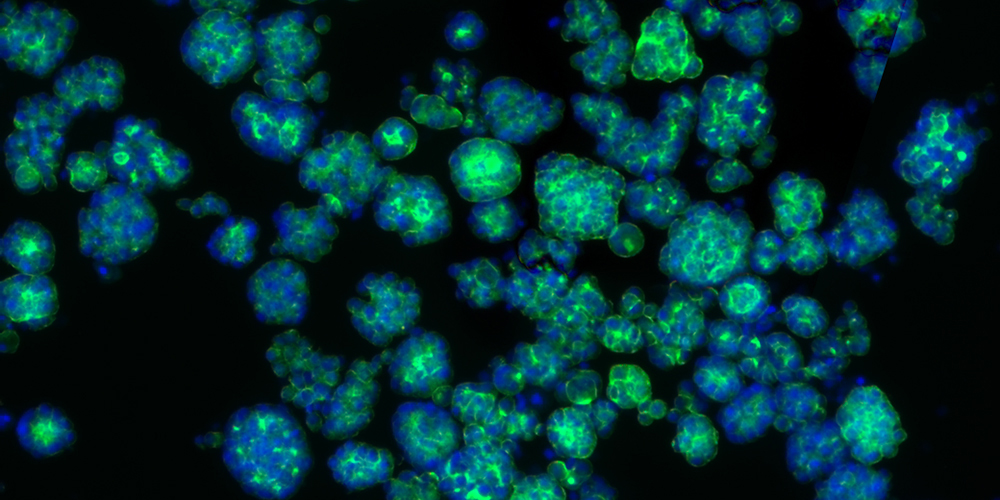Cancer cells completely change their metabolism to grow continuously. University of Basel scientists have discovered that high levels of the amino acid arginine drive metabolic reprogramming to promote tumor growth. This study suggests new avenues to improve liver cancer treatment.

As we age, many of us will eventually need hearing aids. In some cases, the reason for this may be a signaling pathway that controls auditory sensory cell function and is downregulated with age. Researchers at the University of Basel are uncovering clues.

A research team at the University of Basel has discovered that a high-fat diet alters the function of adipose tissue, thus impairing its ability to regulate blood sugar. This explains why a high-fat diet poses a significant health risk, particularly for diabetes.

Liver cancer is one of the most deadly types of cancer. A team of University of Basel researchers has now uncovered how a healthy liver cell turns into a tumor cell. Comprehensive metabolic changes convert mature liver cells into immature progenitor cells. These cells proliferate rapidly and tumors develop.

The spin-off Aukera Therapeutics, which was founded at the Biozentrum last year, has been selected for the start-up accelerator program BaseLaunch. The biotech company develops novel therapies for patients suffering from mTOR related diseases such as cancer and neurodegenerative diseases. mTOR plays a key role in cell growth control.

Prof. Michael N. Hall from the Biozentrum of the University of Basel has been honored by the Senate of the Hebrew University of Jerusalem with the degree of Doctor philosophiae honoris causa.

The Royal Swedish Academy of Sciences has awarded the Sjöberg Prize 2020 jointly to Prof. Michael N. Hall, Biozentrum of the University of Basel, and Prof. David M. Sabatini, Massachusetts Institute of Technology (MIT), USA. The two scientists receive this international award for their discovery of mTOR and its role in the control of cell metabolism and growth.
The Human Frontier Science Program (HFSP) has announced that its 2019 Nakasone Award will be awarded to Prof. Michael Hall of the Biozentrum, University of Basel, for his discovery of the master regulator of cell growth, the target of rapamycin (TOR) kinase. The discovery of TOR allowed scientists to better understand cell growth and its importance in development, aging and disease.
A widely used diabetes medication combined with an antihypertensive drug specifically inhibits tumor growth – this was discovered by researchers from the University of Basel’s Biozentrum two years ago. In a follow-up study, recently published in “Cell Reports”, the scientists report that this drug cocktail induces cancer cell death by switching off their energy supply.
